Sikhs rush to aid of Rohingya Muslim refugees at Bangladesh-Myanmar border
'They are living without water, food, clothes and shelter'
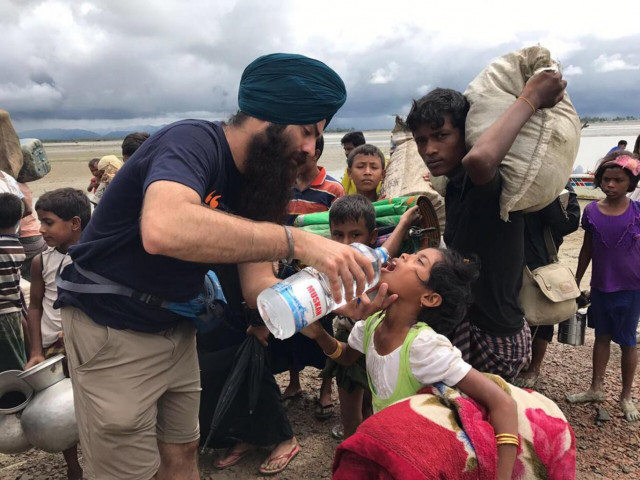
PHOTO: KHALSA AID
“It was our first day here today and we did a pre-assessment before launching a major relief operation. We had come prepared to provide relief to some 50,000 people, but there are more than three lakh refugees here,” the managing director of Khalsa Aid, Amarpreet Sindh told The Indian Express.
Saviours or profiteers? Bangladesh fishermen rescue Rohingya, for a price
"They are living without water, food, clothes and shelter. They are sitting wherever they can find a corner. It is raining, but people do not have anywhere to go. It is miserable to say the least. We will be providing them langar food [community kitchen] and shelter. We are arranging tarpaulins but since the number of refugees has overwhelmingly exceeded our preparations, it can some time to make arrangements.”
According to Singh, the camps were over-crowded and the conditions were “miserable to say the least”. “A camp can accommodate at least 50,000 people but in most of them there are more than one lakh refugees. But we are committed to run langar here [community here] till the crisis is over. The priority is to not let anyone sleep without food. Children are roaming without clothes and begging for food. Those who do not get space in camps are sitting along roads in hope of getting food from someone,” he added.
The NGO, which will soon be joined by another team of volunteers, is serving langar and water to the refugees. “Teknaf is almost 10 hours ride from the capital Dhaka from where we are ferrying all the material needed to prepare langar. Connectivity issues and rain are creating hindrances but we are trying our best to provide food to the maximum people at the earliest. The langar will continue here till crisis is not over and refugees continue to reach the border,” said Singh.
India calls Rohingya refugees 'threat to national security'
A volunteer from IoK with Khalsa Aid, Jeevanjyot Singh said that the refugees started their journey on foot ten days back before reaching Teknaf through boats. “They are in an extremely bad state as of now. They have nowhere to go.”
“We have spoken to some families and they have told us that after crossing thick jungles on foot in Myanmar, they crossed border through boats and then resumed journey on foot. Most of them have traveled for more than ten days. Since then, children had no food or water. They are in dire need of food and water,” he said.
This article originally appeared on The Indian Express.


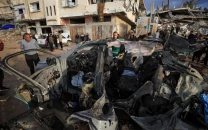
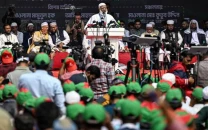

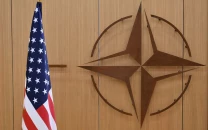
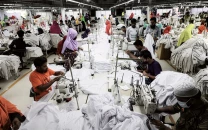












COMMENTS
Comments are moderated and generally will be posted if they are on-topic and not abusive.
For more information, please see our Comments FAQ